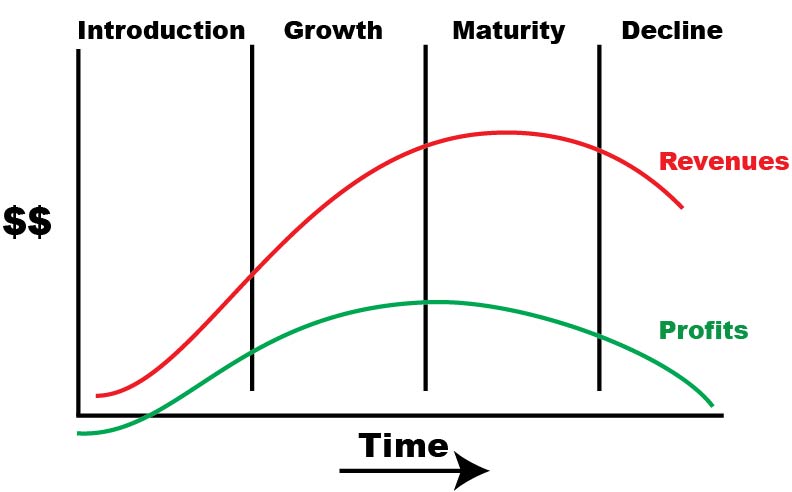In its early days Facebook had a famous motto "Move fast and break things" once coined by Mark Zuckerberg. In fact, this principle is typical for every startup. In a wider sense, it is also well known fact of economics that developing economies grow much faster than developed ones.
When a company grows big it takes hundredths times more time, cost and effort to make the same change as in a small company. It creates a niche of survival for a small business. But it also creates a trap of immobility endangering the existence of large corporations. It can be viewed as a phenomenon of maturity or aging. Alternatively, one can see it as an objective and inevitable side effect of the size and complexity. Knowledge and experience too often degrade speed and appear a killing manifestation of age.
BPM is a crucial technology to leverage this fundamental contradiction between accumulated business experience and the ability to quickly respond to newly emerging challenges. BPM turns static array of accumulated business knowledge into dynamic models empowering quick and efficient decision making for larger organizations. It makes BPM true anti-aging lift saving aging organizations from degradation.
Move fast and build things consistently and systematically through model driven accumulation of business knowledge. This is a recipe of long and healthy life for any organization just overgrowing its startup age.
CaseAgile announces a new release of Enterprise Composer™ add-on for Microsoft® Visio, which supports transparent exchange of BPMN diagrams designed in Visio with leading BPMN tools. CaseAgile will demonstrate capabilities of Enterprise Composer™ on upcoming "BPMN IN ACTION" event organized by The Object Management Group (OMG) in Seattle at December 10, 2018. Enterprise Composer™ offers a seamless and efficient way for every Visio® user into the world of professional business process management (BPM) systems and process automation. By using Enterprise Composer™, Microsoft® Visio can create executable processes fully compatible with BPMN™ 2.0 standard from OMG®, which is the global de-facto etalon for modeling business processes and can be used both by businesses and IT. Every BPM practitioner working with Microsoft® Visio now can import BPM models created in most popular BPM suites directly into Visio® and can export models cre...
Comments
Post a Comment